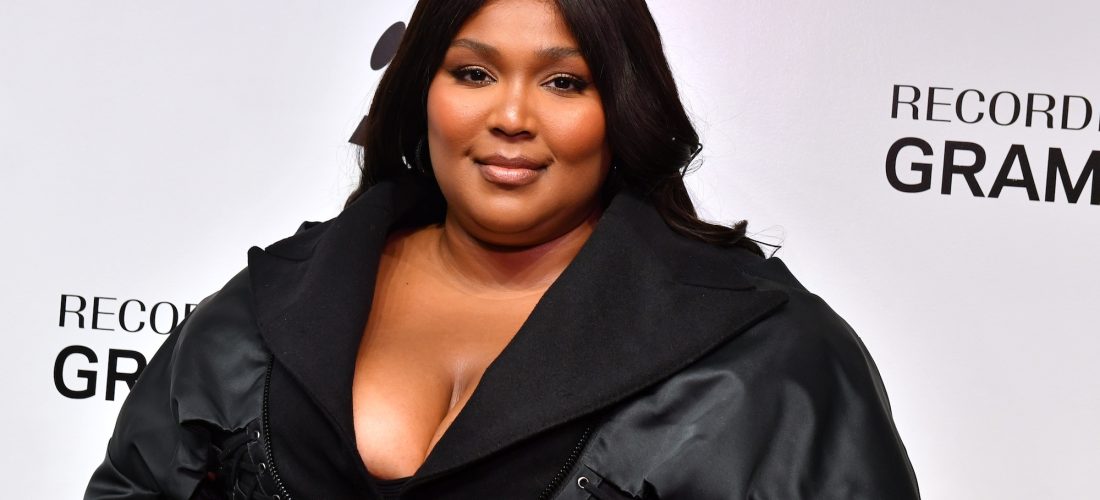Lizzo slams “complicit silence” for transphobia, racism and fatphobia on social media
Lizzo has called out the “complicit silence” against several ideals including transphobia, racism and fatphobia through a rant on social media.
- READ MORE: Lizzo – ‘Special’ review: joyful superstar uplifts with self-assured, self-empowering bops
The ‘About Damn Time’ singer took to Twitter on Wednesday (March 8) to share her thoughts on the topic, kicking things off with “Transphobia is lookin real rooted in racism right about now…”
Transphobia is lookin real rooted in racism right about now…
— FOLLOW @YITTY (@lizzo) March 8, 2023
She would follow up that statement with a separate tweet explaining: “I’ve never heard a person say why they’re racist… Or fatphobic… I’ve never heard a reason why someone is transphobic… I think if we knew ‘why’ these people felt this way there would way less support for these ideals. Because the ‘why’ is more insidious than we realize.”
Lizzo concluded, writing on Twitter: “Don’t get it twisted — I don’t care why people are bigoted. That’s a waste of my imagination. I feel like there’s a lot of complicit silence and apathetic participation going on that wouldn’t fly if people knew more.”
Don’t get it twisted— I don’t care why people are bigoted. That’s a waste of my imagination.
I feel like there’s a lot of complicit silence and apathetic participation going on that wouldn’t fly if people knew more. https://t.co/CxcLi86qnL
— FOLLOW @YITTY (@lizzo) March 8, 2023
Lizzo has long spoken out about similar issues surrounding social justice and inclusivity, notably promoting several resources and charities supporting these causes through her website Lizzo Loves You.
In March 2022, Lizzo lashed out at Texas’ anti-transgender legislation and abortion policies in a keynote speech at SXSW. “I’m proud to rep Houston but I’m not proud to rep Texan politics right now. There are very regressive laws being passed,” Lizzo said. “They’re taking away the right for young children to have a chance to live authentically as themselves. It’s a violation of human rights. Trans rights are human rights.”
Most recently, the singer hit out at the planned return of the Victoria’s Secret fashion show, which had been sidelined since 2019 due to lack of inclusivity and diversity. Following the announcement of the fashion show’s comeback, Lizzo wrote on Twitter: “This is a win for inclusivity for inclusivity’s sake But if brands start doing this only because they’ve received backlash then what happens when the ‘trends’ change again? Do the CEOs of these companies value true inclusivity? Or do they just value money?”
